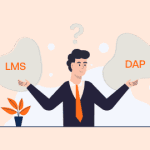


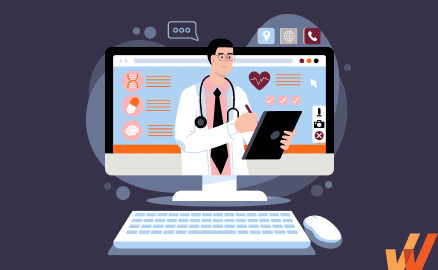
A healthcare learning management system (LMS) makes it easy for healthcare L&D, training, and onboarding professionals to create and develop training programs, make them available for clinicians, track their performance, and continuously provide reinforcement learning and development support.
But, there are many LMS providers for healthcare practices and hospitals to consider, and many are robust, contextual learning portals to your specific needs.
You may have contextual questions and needs for your new healthcare L&D tool that you’ll need to answer in the researching and buying process, including:
This article will help you understand the features of dedicated healthcare LMS providers, what makes them different from mainstream corporate LMS, and break down the nine best healthcare-specific LMS providers.
Healthcare learning management systems are digital training platforms designed to help healthcare organizations—hospitals, medical device companies, practices, etc. — create personalized resources, deliver online training courses and modules, meet industry regulation and compliance needs, onboard and train their staff, and track their performance.

Here are a few features that enable healthcare LMS platforms to deliver training content, engage clinicians, and track their performance.


Healthcare LMS tools are nearly identical to mainstream learning management systems, except for their dedicated curriculum and their regulatory accreditation to distribute medical content.
Let’s break down the core differences between a healthcare LMS and a corporate LMS.
Traditional LMS platforms typically aren’t equipped with a robust healthcare-specific curriculum. These providers expect organizations to bring their own industry-specific content. This can be smart strategy for those hospital networks with the resources, as you can integrate custom courses, developed over the years, with contextual stories, people, branding, challenges, terminology, and locations that your employees will recognize.
According to industry market intelligence firm, IBISWorld, the average American hospital has 981 employees. With that number of staff, most hospitals don’t have the manpower to develop and maintain large internal wikis.
Healthcare learning management systems are designed with medical organizations in mind and come with thousands of courses, assessments, videos, animations, and learning paths that have been accredited by healthcare regulators.
Medical practice is a highly regulated field, as regulators want to ensure clinicians are taught standard best practices that’ll lead to better patient outcomes and avoid risks.
While dedicated healthcare LMS systems always have (and renew) these regulatory accreditations, generalist LMS vendors don’t venture far into developing medical resources, as this is a lengthy process requiring certification for distributing them.
Here are the nine best healthcare-specific LMS providers to train and develop your healthcare staff, with review ratings from public review websites, pricing information, an overview of each platform, and a few things to remember for each LMS that we uncovered in our research.


Relias is a legacy learning management system that helps healthcare organizations create learning and assessment programs and fill knowledge gaps across the workforce. It offers a large native content library of 5,000+ courses and over 100+ course libraries on everything from central sterile functions to wound assessment.
Relias’s courses are assessed at least once every three years by 135+ accrediting bodies to ensure they meet regulatory benchmarks.
A few things to remember for Relias Healthcare LMS include:
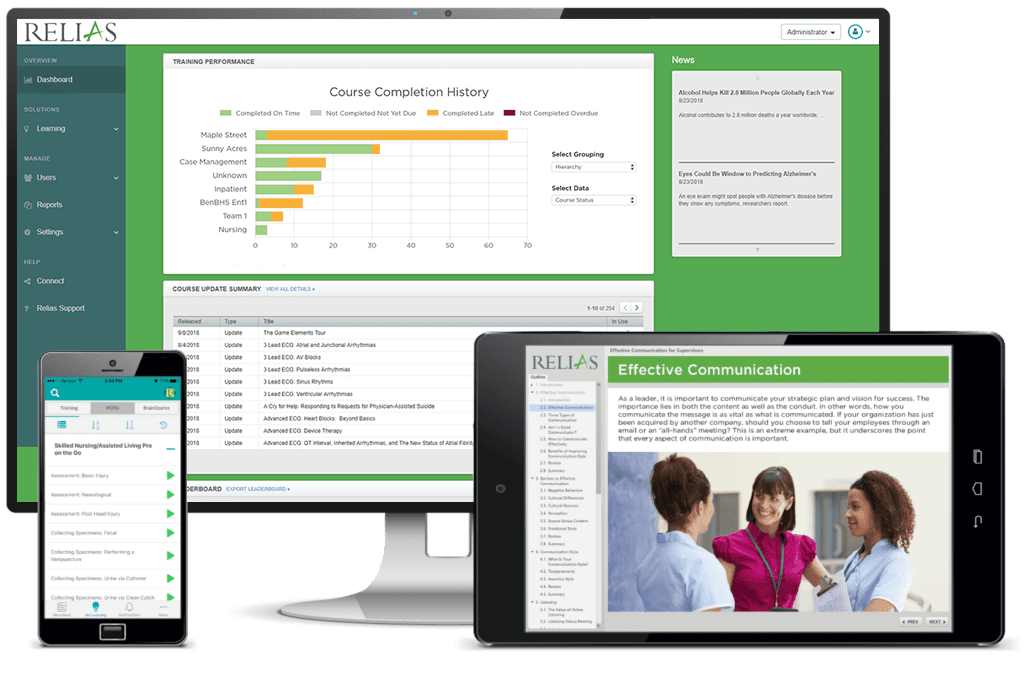



Docebo serves mid-to-large healthcare organizations that either have a large staff or are scaling up rapidly. While it’s not a healthcare-specific LMS, it does have healthcare-specific courses in its library – so let’s call it hybrid LMS between being generalized and healthcare-specific.
A few things to keep in mind for Docebo’s LMS include:





Absorb is a cloud-based enterprise learning platform that empowers healthcare organizations to train their clinicians, track their performance with intelligent reporting, customize the learning experience with personalized learning paths, and complete the loop with tests and assessments.
A few things to keep in mind for Absorb LMS include:
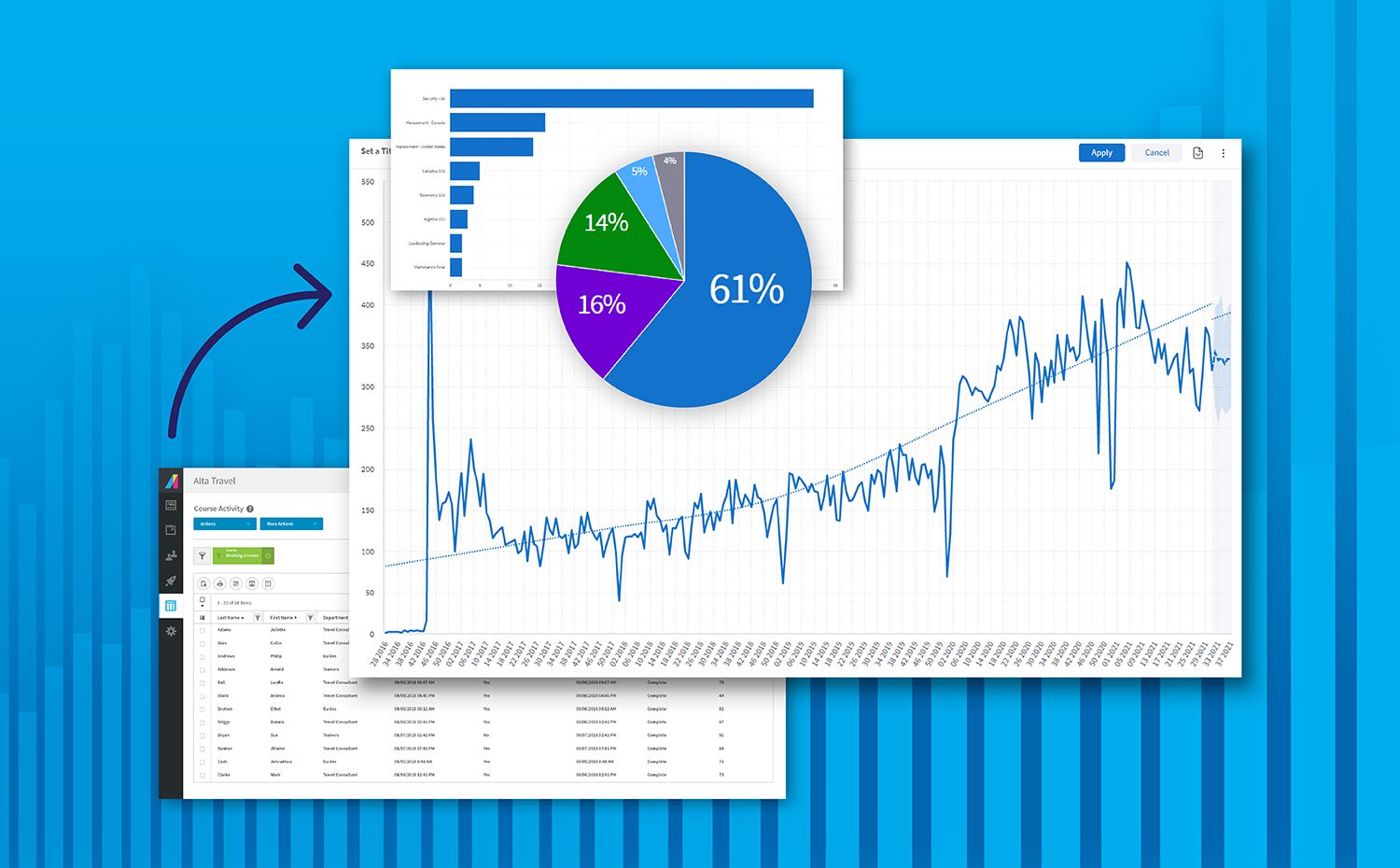

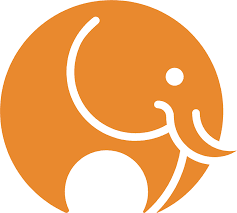

Tovuti is an on-demand learning management system that offers a simple way for hospitals to create courses, engage their clinicians, train teams, and assess their development. Tovuti has advanced tracking and reporting features that make it easy to monitor courses completed (and by whom) and certificates awarded and segment them by individuals.
Overall, if you’re looking for a strong product core with few bugs and a great UX, Tovuti should be at the top of your list. But, Tovuti seems more like a generalist solution that’s not designed with medical practices in mind: it doesn’t offer rich content libraries like Relias and Docebo & you have to bring your content over, which is frankly impossible, mainly if your training program depends on native content.


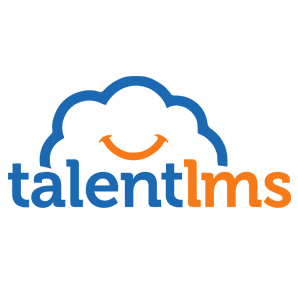

TalentLMS is a flexible LMS platform designed to help organizations build their curriculum, import existing content (from YouTube, Prezi, cmi5, xAPI, or SCORM files), test learners, push learning programs customized for specific roles, and localize your learning interface for users across 30+languages.
Just like Tovuti, TalentLMS is a powerful LMS platform that’s ultimately underwhelming because it’s too general. Unlike Relias & Docebo which are tailor-made for physicians and come pre-loaded with thousands of medical courses & certifications, TalentLMS requires you to bring your content, which, even for many large hospitals, is frankly impossible.
TalentLMS only has five healthcare essentials courses that are more suited for teaching kids basic germ theory and hospital etiquette than for real-life medical practice.
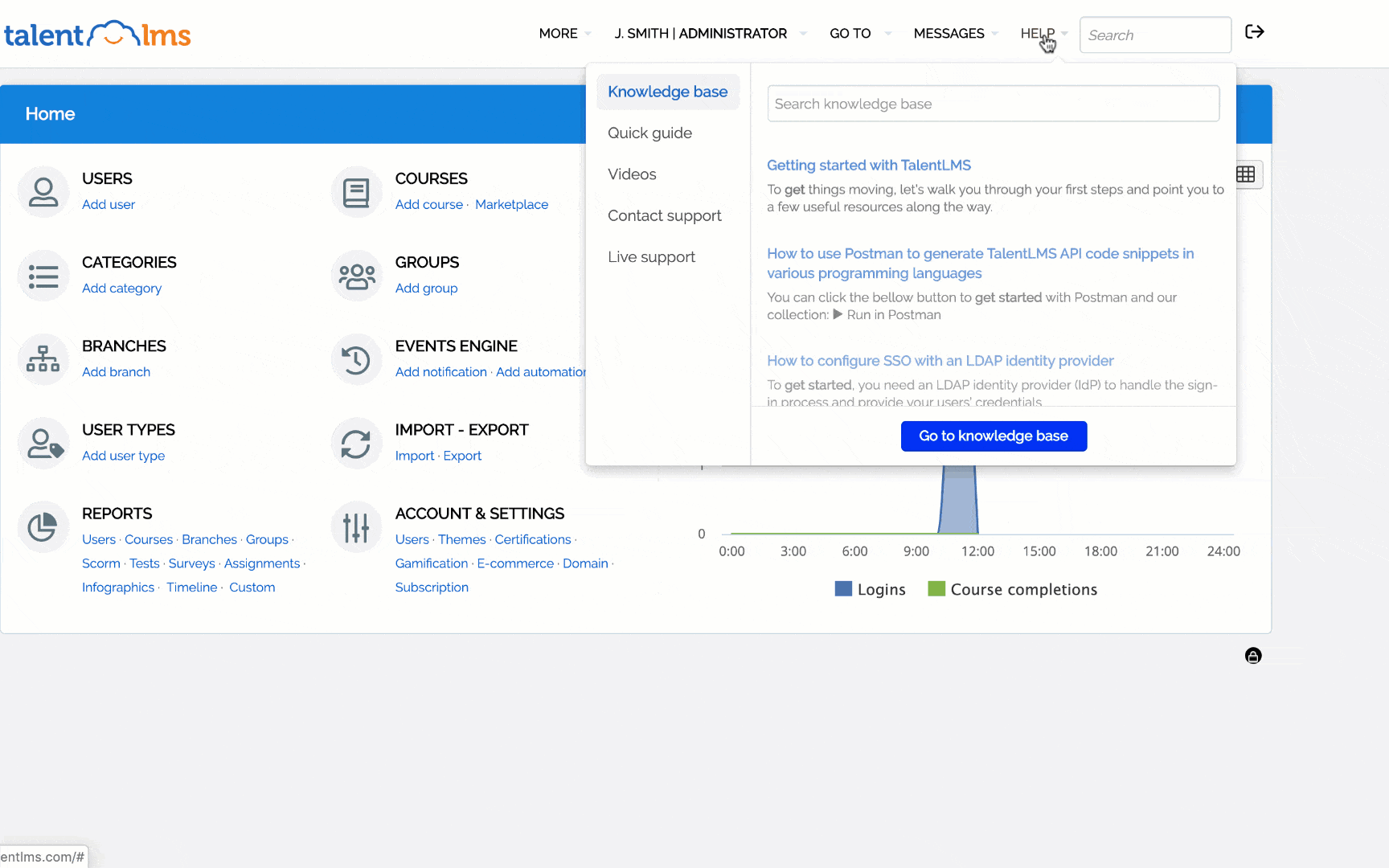

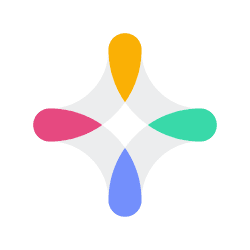

Trakstar offers a lite healthcare training experience for organizations that want to build a curriculum quickly, educate their employees on the go, assess trainees with flexible test types, and maintain a performance database where you store archived courses and completion records.
Notice the word we used up there: Trakstar is lite because it’s a passable training tool, offers learners and admins a seamless experience, and lets you bring over your SCORM files, PDFs, Word docs, voiceovers, videos, etc., but it doesn’t have an exhaustive content library that deals with specific medical issues and you have to build yours from scratch.
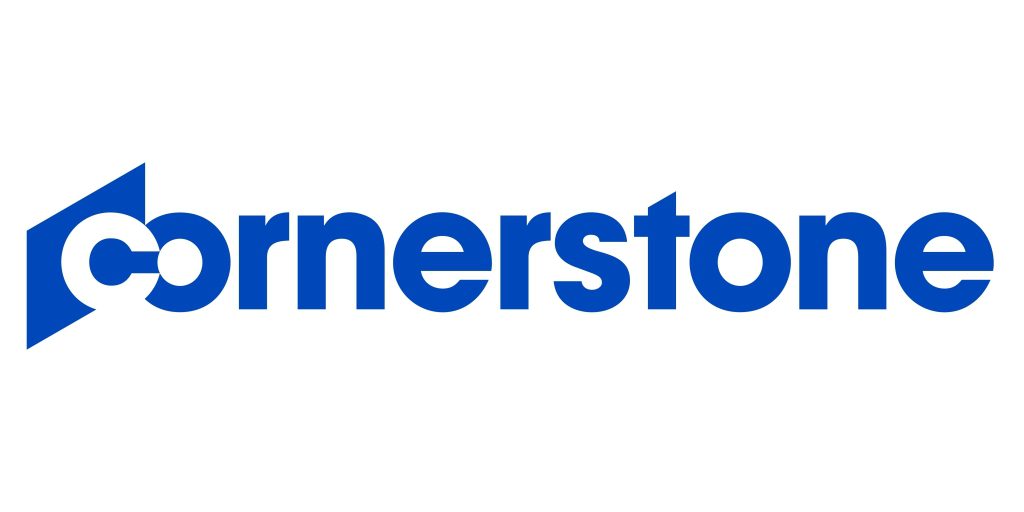

Cornerstone is an all-in-one LMS for on-demand training, coaching, and assessment. It’s designed to integrate with third-party tools so employees can access training resources via Teams, Slack, etc. Cornerstone helps you track performance with engagement surveys and HR analytics and supports multiple resource formats.




Healthstream’s LMS helps healthcare organizations develop programs their staff can access across channels; track performance with a robust tracking and analytics feature; and recognition programs for highlighting staff achievements.


EthosCE targets medical associations, university hospitals, health systems, and medical education companies that want to build continuing education programs to keep training their staff and refreshing their skills.
Ethos offers a customizable reporting dashboard that gives you critical details at a glance, including course enrollments, credit awards, demographic breakdowns, etc. Using Ethos, you can create and deliver any type of credit (e.g., CEUs, SNE, CPE, etc.), import, create, and edit courses, enable trainees to learn at their own pace, auto-generate certificates, and map your curriculum to regulated training standards.
A survey of 3,228 British medical graduates showed that 21.8% were unhappy with the level of their training, compared to just 8.4% who felt satisfied with it. If we extrapolate that figure to your clinic or hospital network, it’s easy to see that such a vast knowledge gap creates a massive room for medical errors such as misprescriptions, or surgical, and diagnostic mistakes, all of which can be fatal and can cost your organization heavily.
You need a learning management system and intelligent learner assistance to unlock its capabilities.
Whatfix offers a digital adoption platform (DAP) that helps enterprises coach, training, and support their users to adopt new software quickly, while in the flow of work.
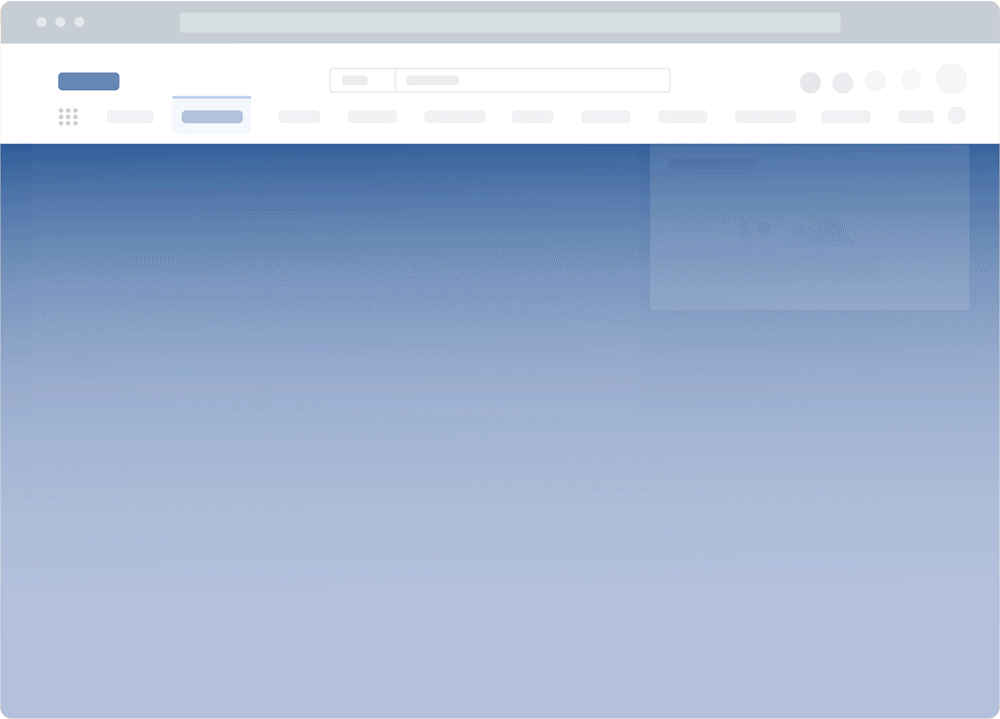

DAPs do this by offering end-user guidance and support, such as:
You can learn more about Whatfix for in-app guidance and end-user support here.
Ready to learn more about healthcare transformation and technology adoption? Check out these related resources:
Thank you for subscribing!